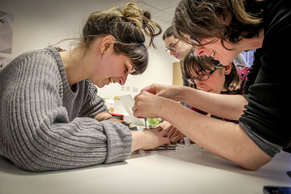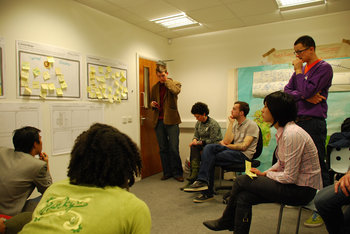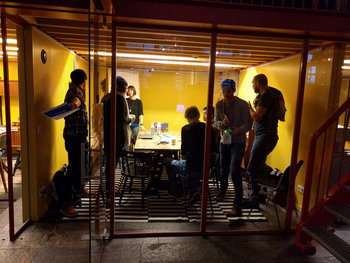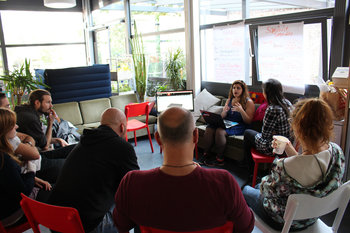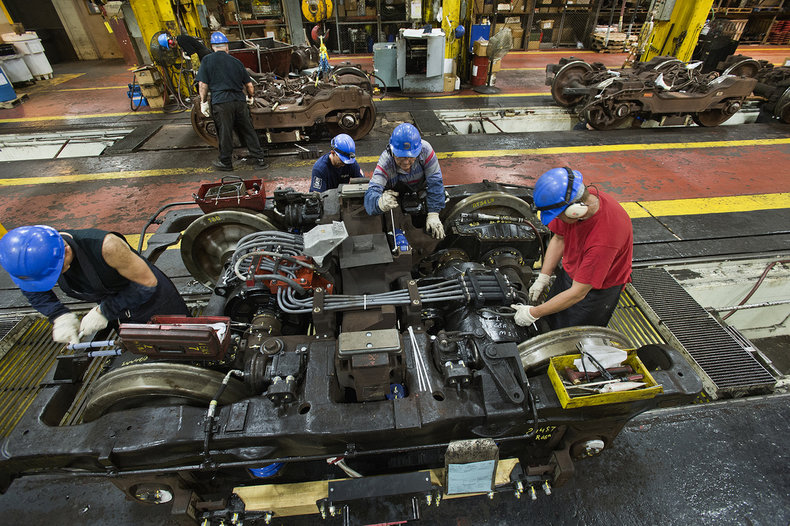
Productivity
Working with intensity to get as much as possible done with in an hour, week or month. Productivity is also associated with improvement of methods, processes, practices, tools and systems to get more done with your time.Diligence
Working with care such that you try to produce high quality work. For example, a consultant who checks many sources to make sure their advice is sound.Reliability
Being available when you are needed or expected. For example, a real estate agent who is always a few minutes early for appointments.Responsibility
Taking responsibility for everything that falls within the scope of your role, authority, mission or objectives. For example, a restaurant server who doesn't know how to answer a customer's question about ingredients who goes back to ask the chef to make sure the customer gets an answer as opposed to answering "I'm not sure."Accountability
Taking the blame when things go wrong within the scope of your authority or influence. For example, a CEO who takes full accountability for an information security incident as opposed to blaming a low ranking employee in IT.Do It Yourself
Do it yourself is the practice of designing, building, creating and repairing things as opposed to buying products and services. This is associated with work ethic and the idea that work is fulfilling.Traditional Work
Doing things the traditional way, even if this is more labor intensive. For example, preparing home cooked meals from traditional recipes that are more labor intensive than modern packaged foods. This may be done to preserve a culture or way of life. Alternatively, it may be done out of a sense that traditional labor is fulfilling.Work-Life Balance
The idea that work ethic is only a virtue in moderation. Work-life balance proposes working a reasonable amount of time in order to have time for things such as sufficient sleep, proper meals, exercise, family, socializing, hobbies, interests and personal reflection.Poor Work Ethic
A poor work ethic is the avoidance of work such that an individual is willing to compromise productivity, diligence, responsibility, accountability and/or quality of life in order to avoid work.| Overview: Work Ethic | ||
Type | ||
Definition | The belief that hard, diligent work has value to an individual. | |
Related Concepts | ||

